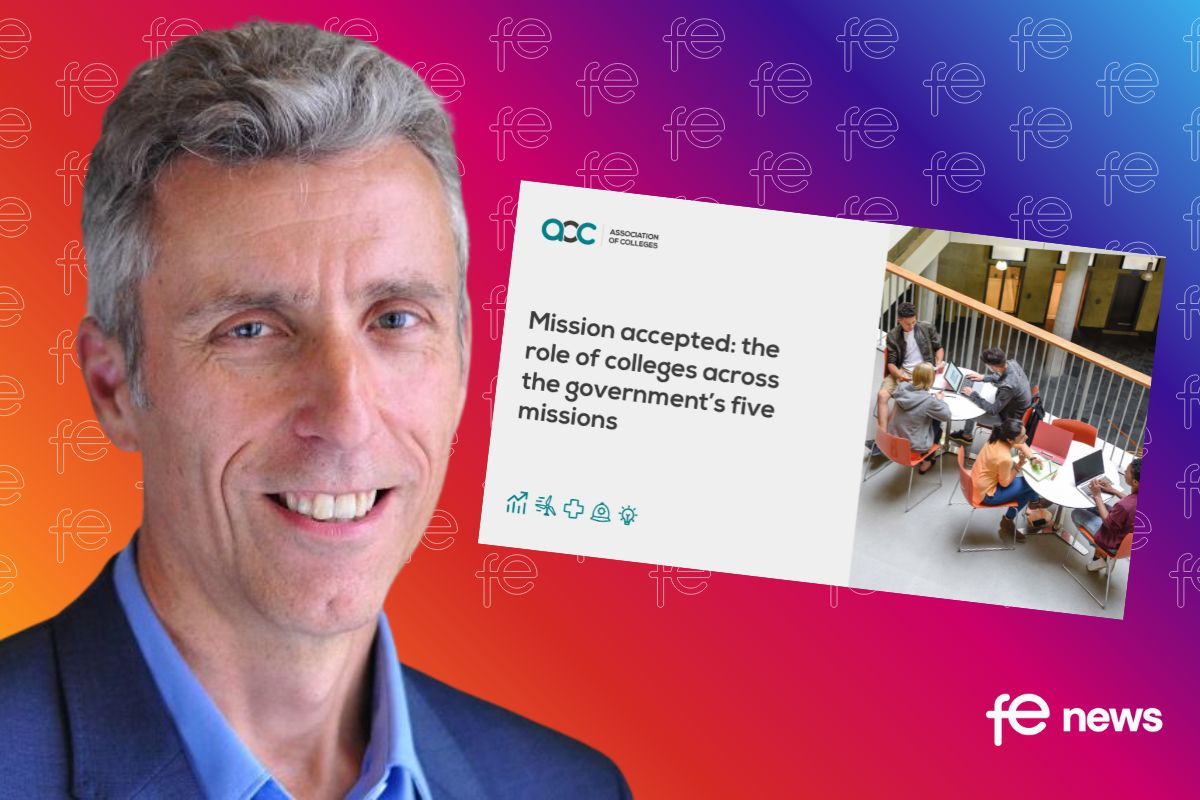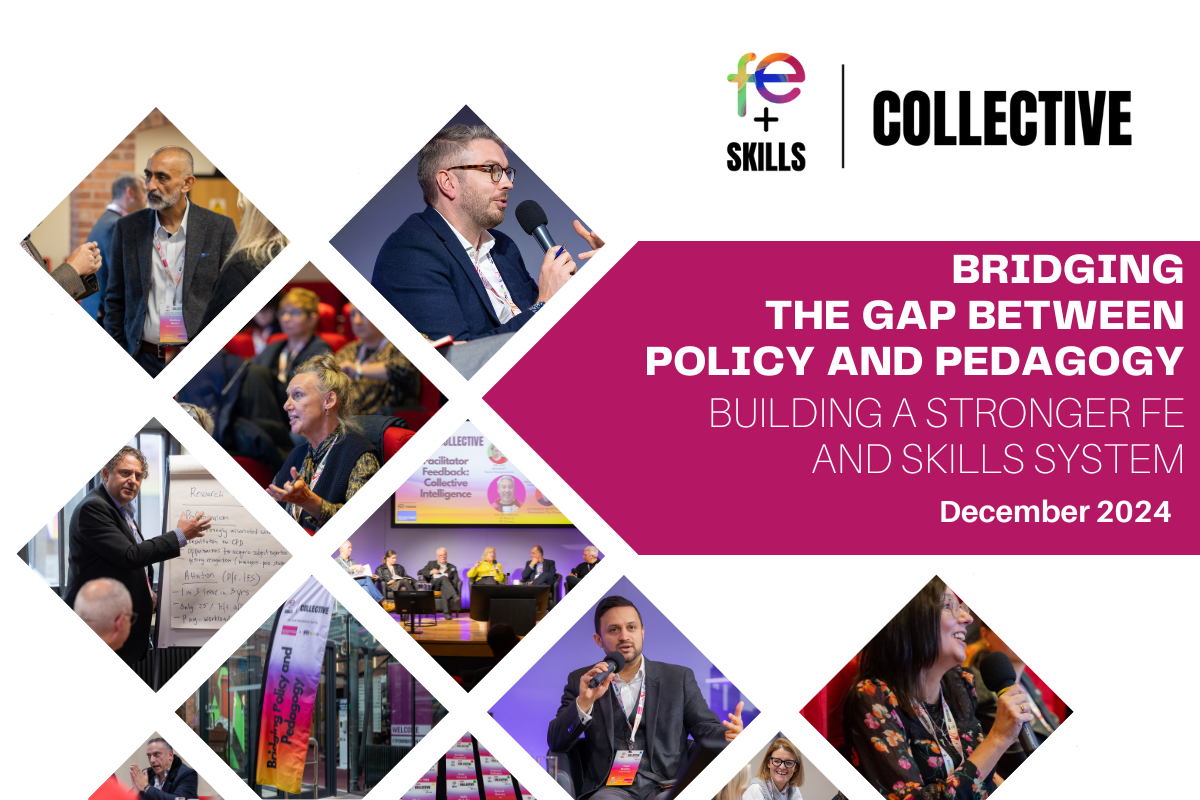Unlocking the real-world potential of Mathematics: We need to make Maths education more relevant and engaging

Context is King when it comes to Maths. The UK government’s recent focus on Mathematics education in schools is a step in the right direction towards preparing students for the future.
When the prime minister announced his list of five priorities in his first speech for 2023, it was welcomed with mixed reactions most especially his intended reform on the educational sector. In his words, “One of the biggest changes in mindset we need in education today is to reimagine our approach to numeracy. Right now, just half of all 16–19-year-olds study any math’s at all.”
Therein lays the foundation of his ambition to ensure that school pupils in England study some form of math’s up to the age of 18. He further defends his ambition by highlighting how every opportunity he’s had in life started with the education he was fortunate enough to receive, stating that one of the reasons he got into politics was to give every child the highest possible standard of education.
The prime minister ambition is clearly laced with good intentions and a vision to position the future of England in an emerging world of big data and statistics where analytical skills will be a major requirement.
Mathematics has been an integral part of mankind and has for centuries laid the foundation for civilization and economic growth. According to the book “Mathematical Thought from Ancient to Modern Times,” mathematics as an organized science did not exist until the classical Greek period from 600 to 300 B.C. However, in earlier civilizations when humans traded goods, there was a need to count and calculate hence the first instruments used were fingers, rocks, sticks etc this no doubt formed the foundation of mathematics.
While Math’s in itself is not seen as an invention, there is no doubt a relationship between mathematics and inventions as mathematical instruments are considered to be inventions. A known fact is that everything is based on mathematics, hence the reason why mathematics has been called the language of the universe. Edward Frenkel, a UC Berkeley mathematician once said “mathematics directs the flow of the universe, lurks behind its shapes and curves, holds the reins of everything from tiny atoms to the biggest stars”.
While we have been able to establish that mathematics is a foundational subject that has led to economic growth and inventions, its also fair to say that mathematics is not one of the easiest subjects to study. For centuries, students have shunned the subject and have gone further to drop it at the earliest possible opportunity. In my personal experience, Maths didn’t make it on my list of favorite subjects so I completely understood the perplexed look on my teenage Sons face when we were discussing this latest development. This got me wondering, if Math’s is so important and necessary in different facets of life, how do we make it relatable in today’s world? How do we show the youngsters that social media, gaming, robotics, and technology they all love to use today all have their foundation in mathematics!
Mathematics goes beyond the technicalities
Mathematics goes beyond the technicalities taught within the four walls of an educational institute, it is budgeting, shopping, financial literacy, coding, software development, Artificial intelligence etc.
Mathematics is a form of expression; it’s about recognising and understanding patterns. It’s about logic and methodical thinking. It helps improve key skills such as problem solving, critical thinking and analytical skills. These skills are all transferable in all aspect of our daily life.
So, how do we make students understand the benefits of studying math’s? The subject in itself is not the challenge but rather how it is been taught in schools. Math’s is typically taught as an abstract with no direct correlation to it’s relevant in the real world thereby leaving students disconnected and uninterested in the subject. The entire curriculum needs to be reviewed and restructured in line with today’s needs with focus on student needs. For students with zero interest in tertiary education, the focus could be on what’s needed for daily living such as financial literacy covering tasks such as managing money, balancing a cheque book, budgeting, credit cards, loans, mortgages, repayments, others will include driving, shopping, time, and cost of travel, taking measurements for various purposes such as construction, cooking, baking, interior design etc,
Move focus from teaching math’s as an abstract subject
It’s my belief that only if and when we move focus from teaching math’s as an abstract subject to showcasing its relevance in everyday life will students’ attitude towards the subject change.
Its therefore not surprising that there is a national shortage of mathematics teachers with critics highlighting that Government has missed its recruitment targets for Math’s teachers for the past decade. They have also warned that the plan will place unnecessary pressure on schools already struggling with teacher recruitment and retention.
No doubt, the implementation of the proposed development will come with a lot of challenges as the educational sector is struggling with issues such as recruitment and retention of teachers, lack of adequate investment in schools and colleges, understanding how the new development will fit into present timetable and most importantly if student will be required to be formally examined.
Math’s remains inarguably important in our daily lives
Even though Math’s remains inarguably important in our daily lives, it’s my personal believe that in order for this new proposal to take place three things need to be considered, which are:
Replace formulas with hands-on activities – the need to first memorise formulas before understanding a concept should be eliminated. The approach should be more of a hands-on approach where students are made to familiarize themselves with the concept to have an understanding which eventually helps with information retention.
Deemphasise speed -students should be encouraged to learn at their own pace. The pressure to calculate faster often mounts unnecessary pressure on the student thereby making the slower student feeling inadequate and in competent. Speed has nothing to do with ability.
Mathematics should be an individual learning experience – Students should be allowed to learn at a pace that suits their learning ability.
Maths touches everything we do from deciding whether we can afford anything to checking our payslip is correct to balancing the weekly food bill and personal budgets in general. The country has a whole has very poor levels of financial literacy and financial resilience generally speaking and this at a basic level could make a difference here as well.
In summary, the UK government’s focus on Mathematics education is a necessary step towards preparing students for the future. By making math more relatable and engaging through real-world examples and problem-solving exercises, students will be motivated to learn and develop the analytical and problem-solving skills that are essential for success in the modern world.
By Safaraz Ali, Social Entrepreneur, Founder of Multicultural Apprenticeship Awards & Alliance











Hi Safaraz,
At Wolfram Research, we’ve spent the last ten years evolving such a context-led curriculum and creating real-world, problem-solving modules and resources that assume computers exist in the same way that they do outside of education, i.e. they’re great at doing computation and data analysis!
Info here https://www.computerbasedmath.org/TheChange
Thank you for the opportunity of allowing me to share some thoughts here. Please do comment if you have any additional thoughts or views.